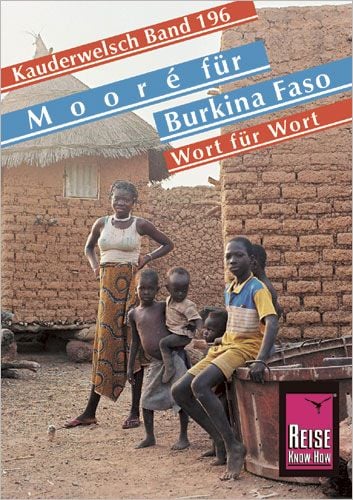Understanding the Current Situation in Burkina Faso

Introduction
Burkina Faso, a landlocked country in West Africa, has been in the global spotlight due to its ongoing political instability, which has significant implications for regional security and humanitarian conditions. With a history marked by coups and conflicts, the current situation is critical not only for the citizens of Burkina Faso but also for neighbouring nations and international observers.
Current Political Developments
Since early 2022, Burkina Faso has experienced a series of military coups, with the most recent take-over occurring in September 2022. The military government, led by Captain Ibrahim Traoré, has struggled to manage the rising tide of Islamist violence that has plagued the Sahel region, where jihadist groups linked to al-Qaeda and ISIS operate. The United Nations reported that over 1.5 million people are currently displaced within Burkina Faso due to the ongoing violence, creating a dire humanitarian crisis.
In response to growing public frustration over the government’s inability to provide security and basic services, protests have become more common. Citizens have been vocal in demanding more effective action against insurgents and better living conditions. Recent public demonstrations rallied behind the military government, reflecting a complex relationship between the people and their leaders amidst a backdrop of widespread discontent.
International Relations and Aid Efforts
The evolving political landscape in Burkina Faso has prompted a range of responses from international actors. France, which has historically maintained a strong influence in the region, faces increased anti-French sentiment, leading to a reassessment of its military presence in the country. Other countries and international organisations, including ECOWAS and the African Union, are monitoring the situation closely and urging for a return to a civilian-led government.
Meanwhile, humanitarian agencies are striving to provide aid to the affected populations. The World Food Programme (WFP) has reported that millions in Burkina Faso are facing acute hunger, necessitating urgent food assistance amidst escalating insecurity. Challenges in access due to violence complicate these efforts, highlighting the urgent need for stability and support.
Conclusion
The significance of Burkina Faso’s political climate extends beyond its borders, influencing trends in West Africa’s security and humanitarian situations. As the country grapples with internal conflict and violence, the international community will continue to watch closely, seeking opportunities to support peacekeeping and humanitarian efforts. The future of Burkina Faso hangs in balance, with substantial implications for regional stability and development in the Sahel.









